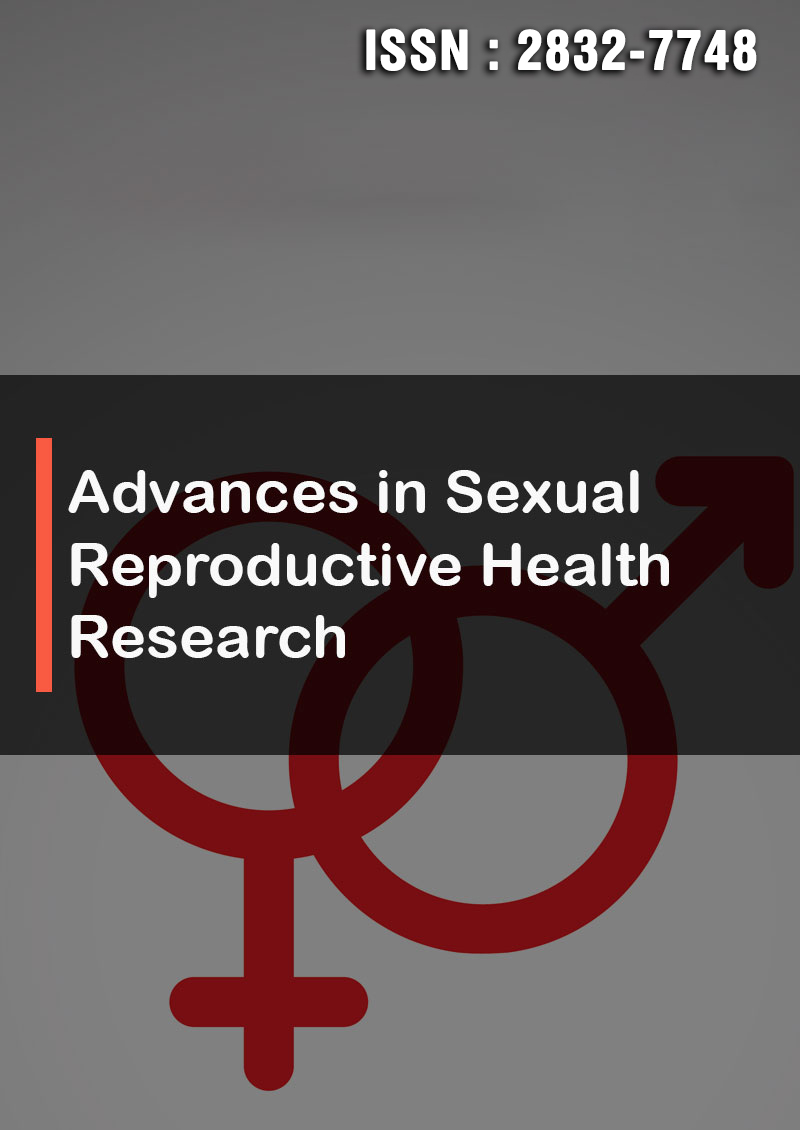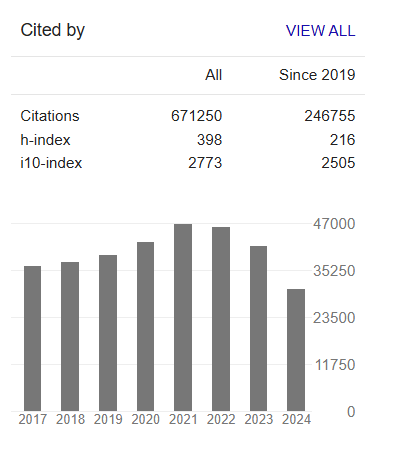Effect of training provided on knowledge and attitude of reproductive health among adolescent students in Asmara, Eritrea, a quasi-experimental study
Abstract
Ariam Woldu, Lidia Ghirmai, Eyasu H. Tesfamariam, Ghidey Gebreyohannes
Background: The period of adolescence that is between 10 and 19 years of age is the time which largely shapes the future life of boys and girls. Adolescent girls are more likely to experiment sexual practice before they have knowledge of its subsequent consequences.
Objective: This study aimed to assess the effect of training on the knowledge and attitude of female adolescent students towards reproductive health and emergency contraceptives.
Methods: A school based single group pre-post quasi-experimental study design was employed in four secondary schools in Asmara on 140 female students. Trained data collectors during the pre-test, immediate post-test and three months later used a predesigned and pretested questionnaire to collect data regarding the knowledge and attitude via interview. Repeated measures ANOVA was used to make comparisons in knowledge and attitude scores using SPSS (Version 22).
Results: Of all the study participants, a quarter (30.0 %) have heard of the methods of emergency contraceptives at the initial assessment. After training, three quarter (75.7%) of the students were able to have the correct knowledge. Life skill teachers at the school (57.9%) were mentioned as the primary source of information regarding reproductive health. The health education provided to adolescent females resulted in a significant increase on the mean scores of their knowledge from 6.57/13 (SD=2.08) pre-intervention to 9.26/13 (SD=2.14) immediate post intervention. However, the score declined significantly (p <0.001) from immediate after intervention to 3 months’ follow-up by 0.80. Although the score declined, knowledge at 3 months’ follow-up was still significantly greater than that of pre-intervention (p<0.0001). The percentage of participants who believe a girl should carry emergency contraceptives in her bag significantly improved from 52.3% to 86.2% after intervention. The mean (SD) scores of attitudes towards reproductive health significantly increased at three time periods. Mean (SD) scores at time 1 (pre-intervention), time 2 (immediate post) and time 3 (three-month follow-up) were 48.98 (4.68), 51.03 (4.04), and 49.65 (4.01) out of 69 respectively. Attitude score was significantly higher at immediate post intervention than pre-intervention (p<0.001) and immediate post intervention than 3 months’ follow-up (p=0.001), but no significant difference existed between 3 months’ follow-up and pre-intervention (p=0.395).
Conclusion: This research has yielded a valuable evidence that educational intervention can bring a significant increase in the knowledge and in introducing positive attitude towards reproductive health and usage of emergency contraceptives among adolescents. Reproductive health education with special emphasis on contraceptives should be part of the structured school curriculum to reach all students in the country with schools playing a leading role in coordinating the efforts of awareness creation.




